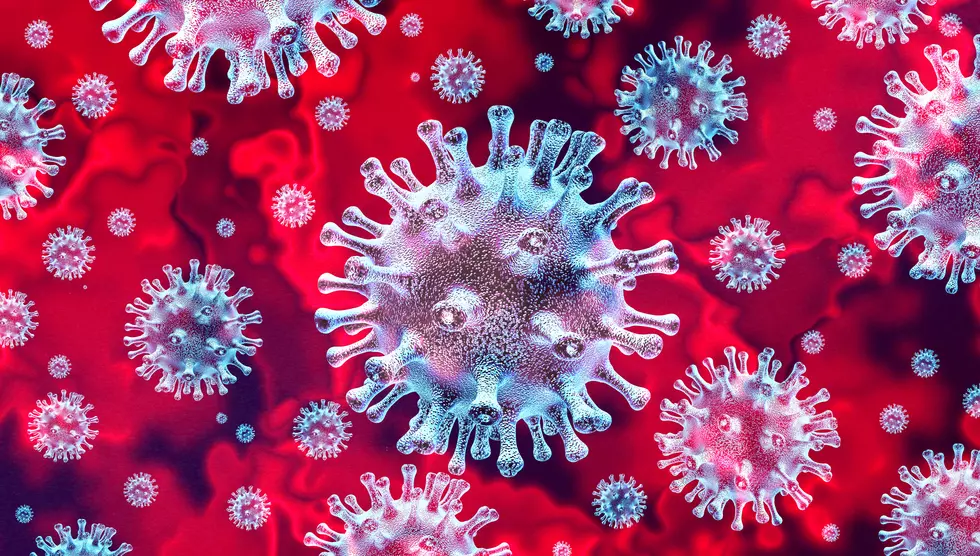
Omicron is now dominant in U.S., but few cases in NJ
Less than a month after doctors first sounded the alarm about a highly contagious COVID mutation discovered in South Africa, omicron has now become the dominant strain in the United States.
The CDC now says 73% of all new COVID infections in the U.S. are omicron. This latest variant sped through Europe with alarming speed. The first case in America was confirmed Nov. 22 in San Francisco in an individual who had recently arrived from South Africa.
Gov. Phil Murphy announced the first omicron on Dec. 3. Murphy said a woman from Georgia who traveled to New Jersey from South Africa has tested positive Nov. 28 and was in isolation with mild symptoms.
Despite being the dominant strain in the U.S., there have only been a handful of omicron cases confirmed in New Jersey.
The state's COVID dashboard does not list even omicron (B.1.1.529) in their tally of COVID variants present in the Garden State. The delta variant (B.1.617.2) remains the dominant strain in New Jersey, accounting for 97.9% of all positive tests over the last four weeks.
The data is somewhat subjective, since routine COVID tests are unable to identify specific strains of the original COVID virus. Random samples or suspected variant cases are selected for gene sequencing in a separate lab that is capable of detecting the specific mutations in the genetic code of the virus.
Viral mutations are not unique to the coronavirus. All viruses mutate, or evolve, with changes in the genetic code occurring during replication in a human host. The CDC currently lists 12 known and separate variations of the original COVID virus. At least four, including delta and omicron are circulating in New Jersey.
A variant is a viral genome (genetic code) that may contain one or more mutations, according to the CDC. That is what scientists tracking and studying COVID look for when determining how big a threat the new version of the virus may be. In the case of omicron, the changes in the genetic code have made it more transmissible and able to evade some protections offered by vaccinations or natural immunity.
It is because of these many mutations that many scientists believe COVID-19 is here to stay.
Dr. Anthony Fauci, Director of the National Institute of Allergy and Infectious Diseases and Chief Medical Adviser to President Joe Biden admitted Monday that it is unlikely we will ever eradicate COVID.
"Elimination may be too aspirational," Dr. Fauci said, "We're never going to eradicate this. We've only eradicated one virus, and that's smallpox."
Fauci, speaking before the National Press Club, again suggested it is possible that annual COVID vaccine boosters will be needed for the foreseeable future.
Answers to 25 common COVID-19 vaccine questions
The 10 Most Stolen Vehicles In New Jersey
NJ towns and their nicknames
More From Beach Radio










